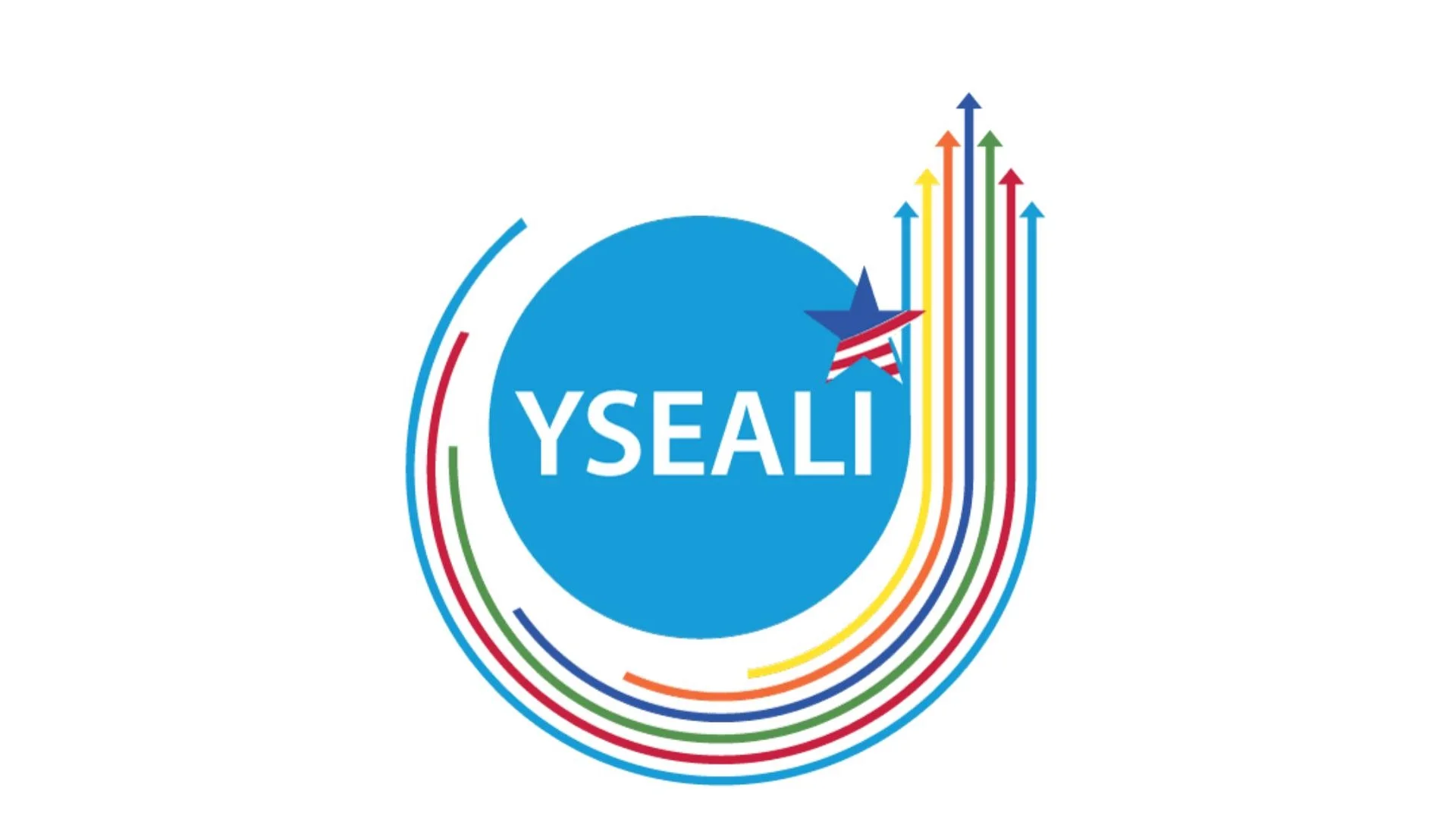ALGALUTION, a project supported by YSEALI Seeds for the Future, is working to develop algae-based bioplastics as an alternative to conventional plastics. The initiative focuses on producing scalable and affordable materials for everyday use, beginning with takeaway bags. By combining locally sourced algae with natural starches, ALGALUTION seeks to reduce plastic waste and encourage responsible consumption in Southeast Asia.
Project members described their motivation for launching ALGALUTION: “We’ve always been aware of the growing plastic problem, but what pushed us to take action was how often the so-called ‘solutions’ felt shallow. From charging extra for plastic bags to labeling products as ‘eco-friendly,’ too often these efforts seemed more like marketing than meaningful change.”
The team’s background spans computer science, environmental management, and economics. They began questioning why alternatives to traditional plastics remain limited or costly and noted that most current efforts focus on managing symptoms rather than addressing root causes. “That mix of frustration and a deep sense of responsibility for the future drives everything we do,” they said.
The group started with a central question: could eliminating conventional plastic altogether be possible? This issue is particularly pressing in Southeast Asia, where mismanaged plastic waste results in billions of dollars in economic losses each year.
Algae emerged as a promising resource due to its abundance and versatility. The team recognized its potential to be transformed into a material similar in performance to plastic but capable of breaking down naturally.
“At ALGALUTION, we’re driven by the goal of creating alternatives that make sense both environmentally and economically. We’re developing a scalable, affordable solution rooted in local production – one that communities and industries can realistically adopt and benefit from,” they stated.
Their objective is to create algae-based bioplastics that are cost-effective, reliable, and suitable for large-scale adoption. Efforts include building localized cultivation systems and refining formulas with natural starches such as corn and tapioca from Malaysia—resources identified through research collaborations—to improve material properties while controlling costs.
“In the long term, we aim to expand throughout Southeast Asia, supported by ongoing research and development as well as strong partnerships to transform this material innovation into a commercially viable alternative embraced by industries and institutions,” they explained.
Support from YSEALI Seeds for the Future has played an important role in advancing ALGALUTION’s work. “For a pioneering project like ours, starting from scratch, securing initial backing can be a major challenge. The grant has provided us not only with vital financial resources but also with the confidence to turn our vision into reality.”
The team added: “Beyond funding, YSEALI Seeds for the Future’s support acts as a strong validation that our innovative idea is impactful and worth pursuing. This encouragement directly empowers us to achieve our ambitious goals of developing and scaling algae-based bioplastics for a better future.”
Currently focused on research and development, ALGALUTION collaborates with academic institutions for laboratory access and technical expertise. Early findings indicate that combining locally abundant starches with algae lipids could produce bioplastics meeting standards for strength, flexibility, durability, and biodegradability at manageable production costs.
“Our R&D efforts aim to develop a material that meets performance standards like strength, flexibility, and biodegradability, paving the way for a scalable and economically viable solution across Southeast Asia,” according to project representatives.
Reflecting on their progress so far, the team observed: “One big lesson we’ve learned is that innovation isn’t always about starting from scratch. More often it’s a subtle...process where you gather...information...and feedback over time....the real solution gradually comes into focus not as a sudden breakthrough but as...thoughtful iteration....We’ve found that...effective innovations often come from reexamining...existing methods rather than completely reinventing them.”
They further highlighted breakthroughs achieved through collaboration: “Our collaborations with researchers...have been transformative...uncovering the untapped potential of locally sourced raw materials an opportunity we had initially overlooked....This insight now stands as a cornerstone in our pursuit of a cost-effective solution.”
By focusing on available resources such as corn and tapioca starches along with algae lipids—and relying on continued research—the project aims to move forward toward pilot production phases designed to address Southeast Asia’s urgent plastic waste crisis.

